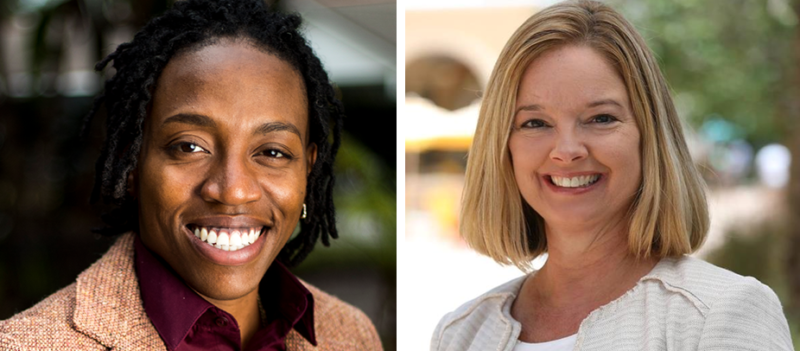News
4 Reasons We Need a “Black Agenda” in District 6, Even if We Don’t Elect a Black Person to the Seat


 The district later gained a majority-Black population during redistricting (which Wimbish helped spearhead). In 1980, District 6 was drawn to be about 72% Black, electing David Welch in 1981. It retained that Black share when redrawn in 1982.
The district later gained a majority-Black population during redistricting (which Wimbish helped spearhead). In 1980, District 6 was drawn to be about 72% Black, electing David Welch in 1981. It retained that Black share when redrawn in 1982.